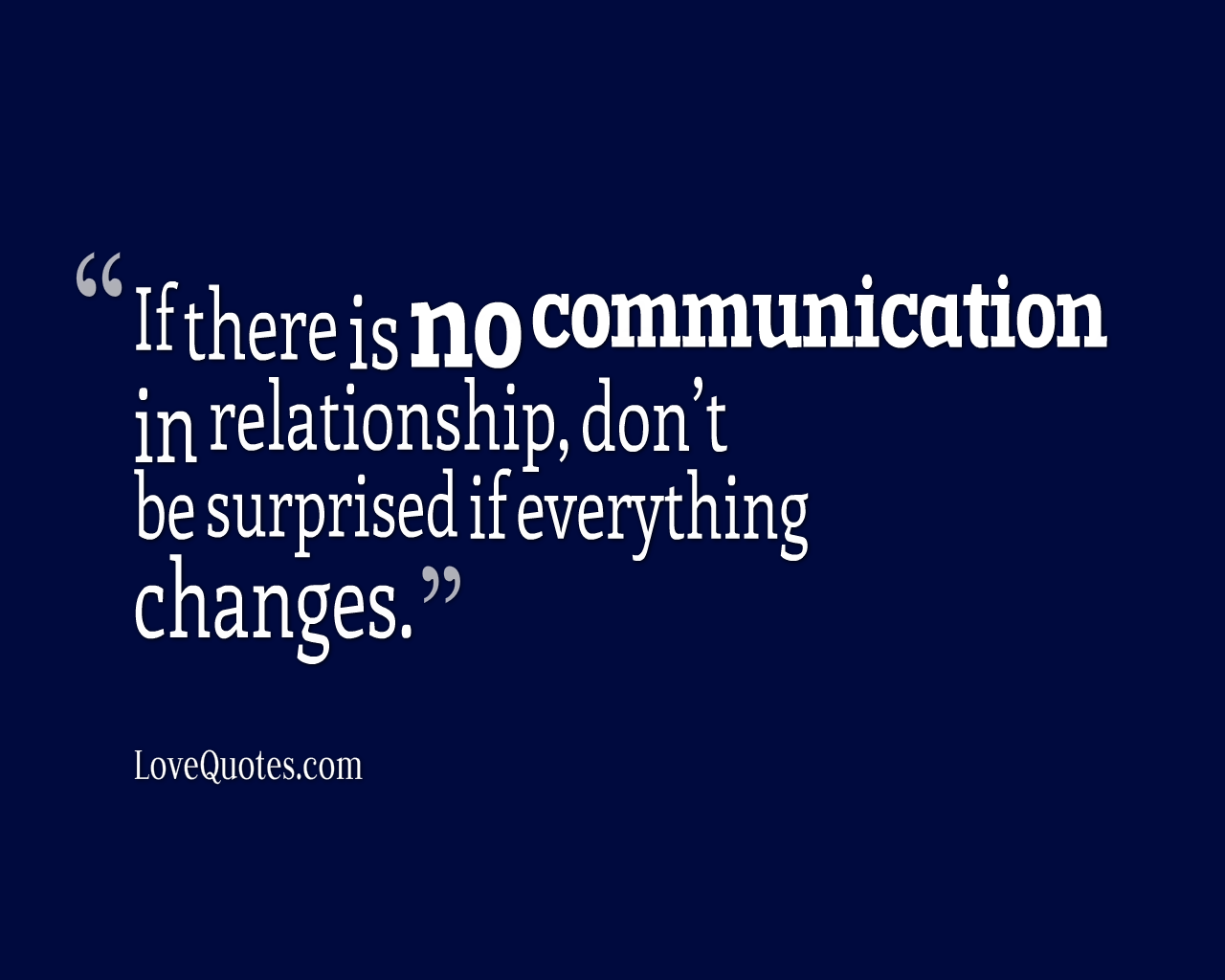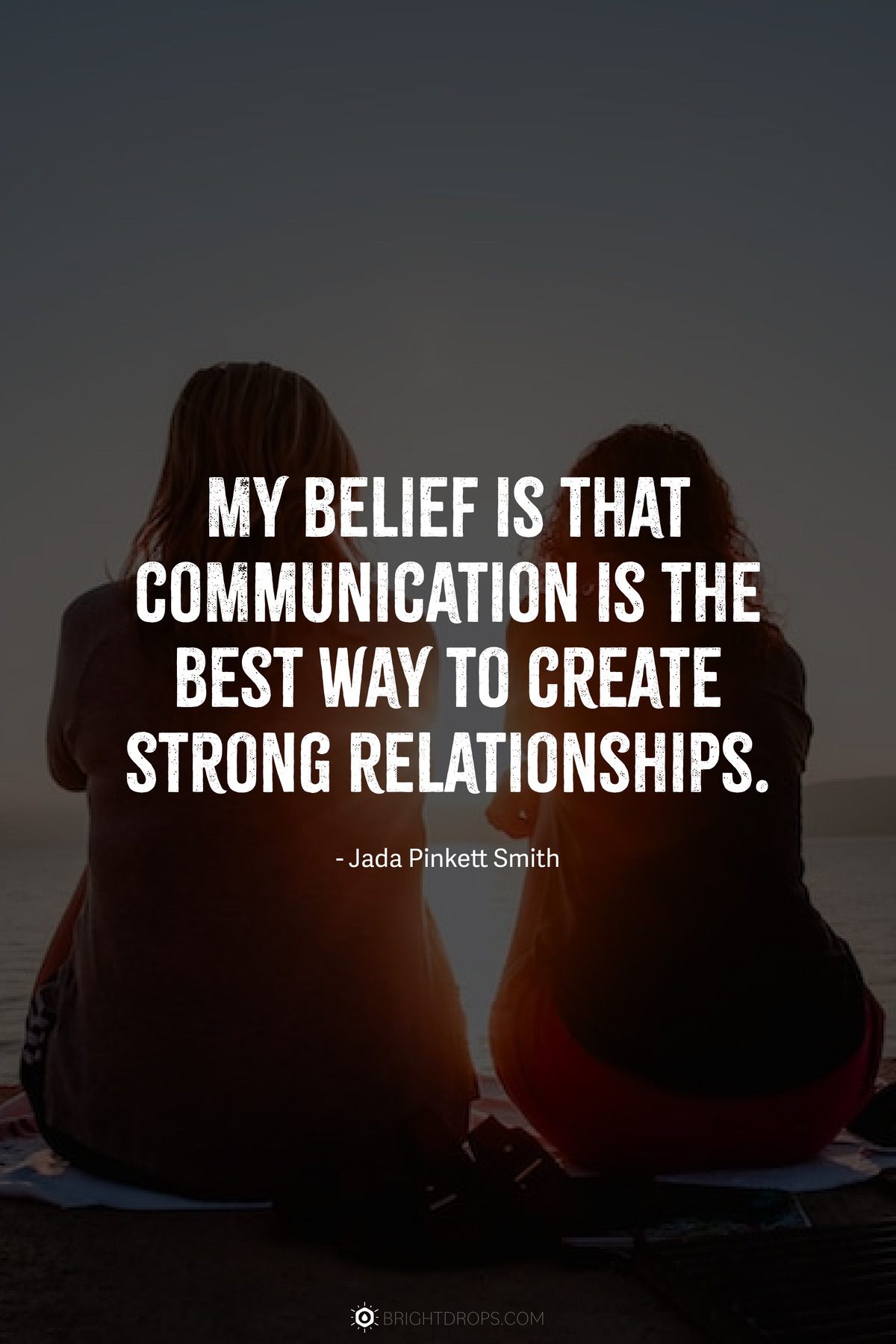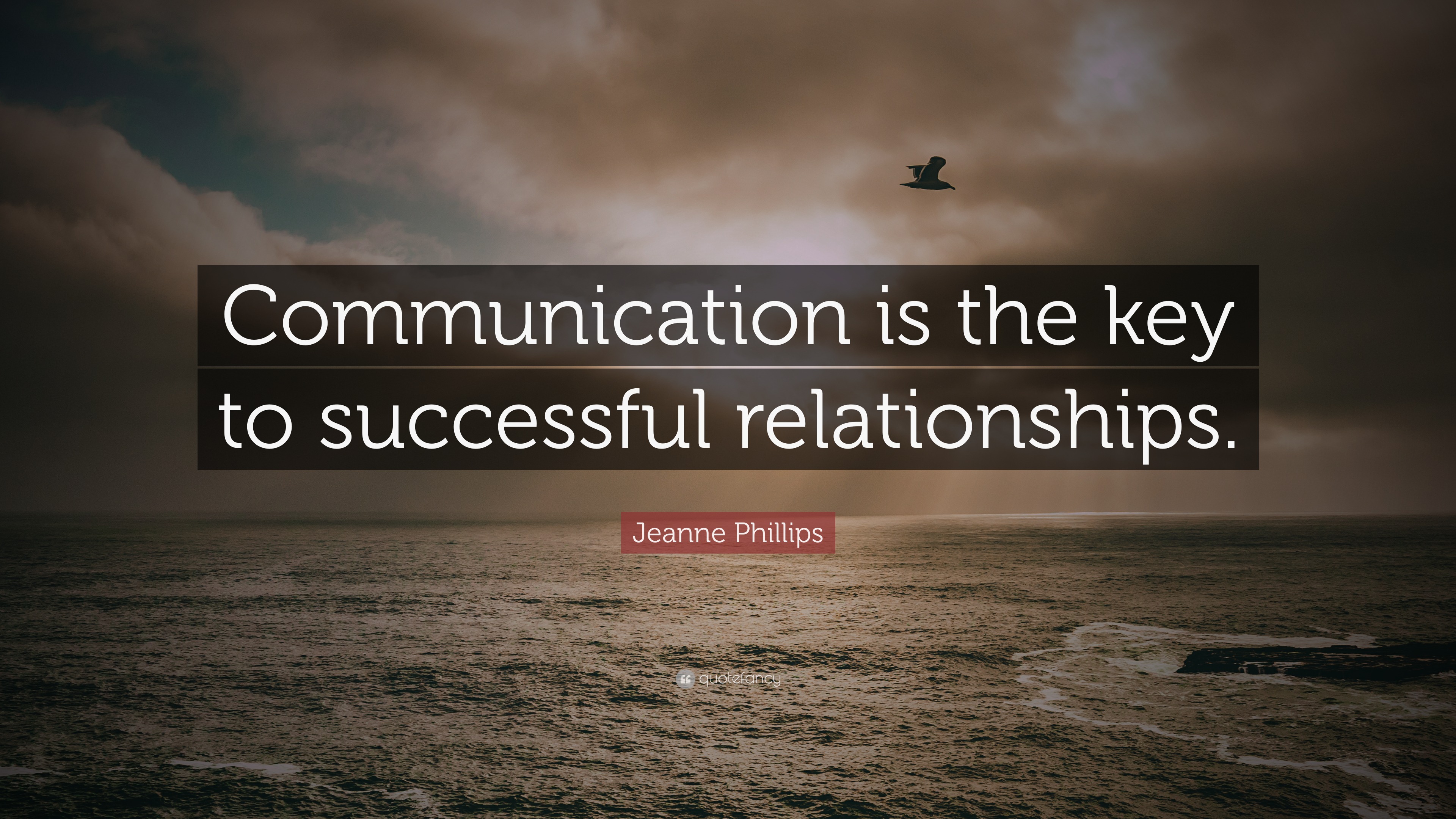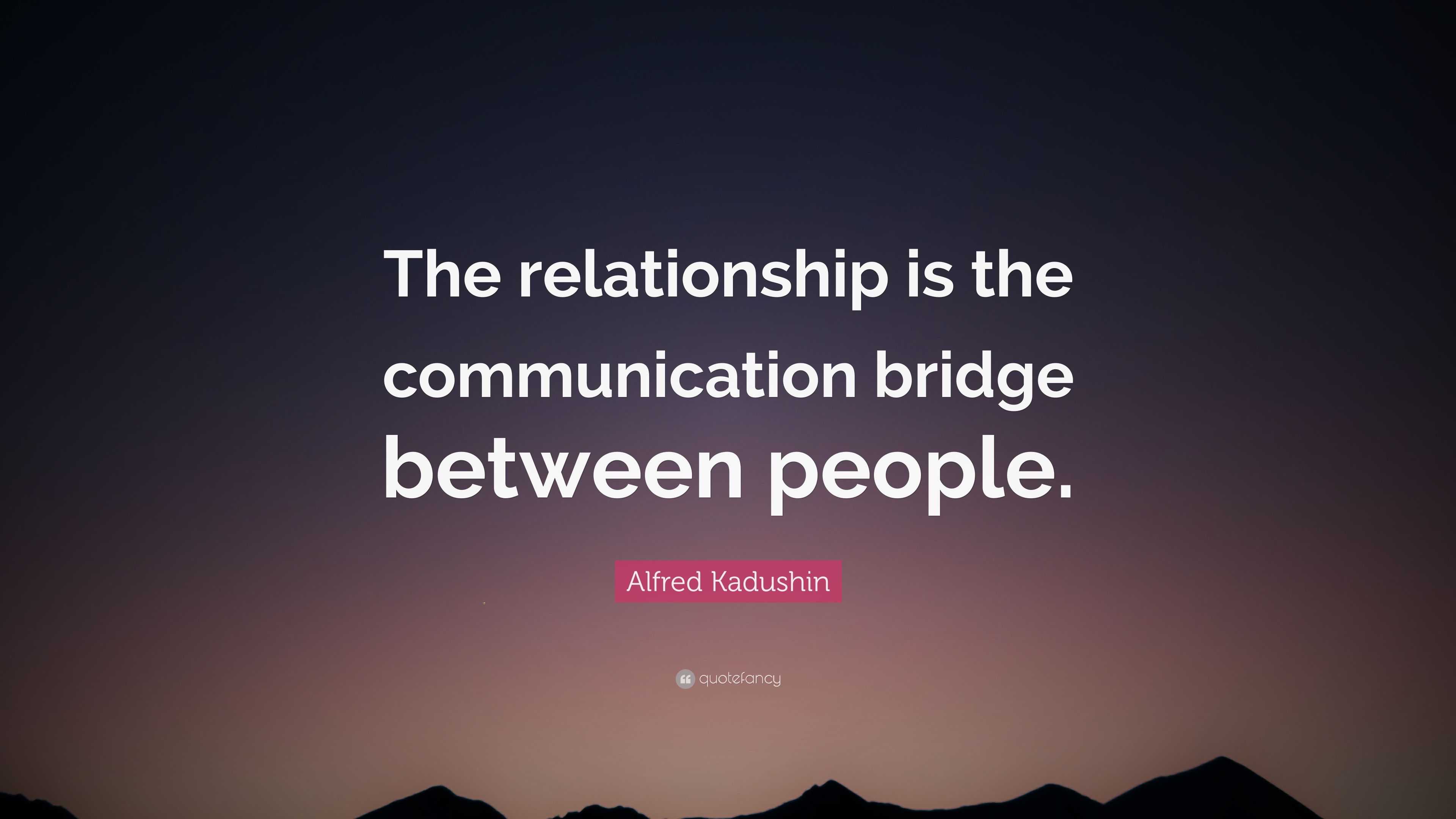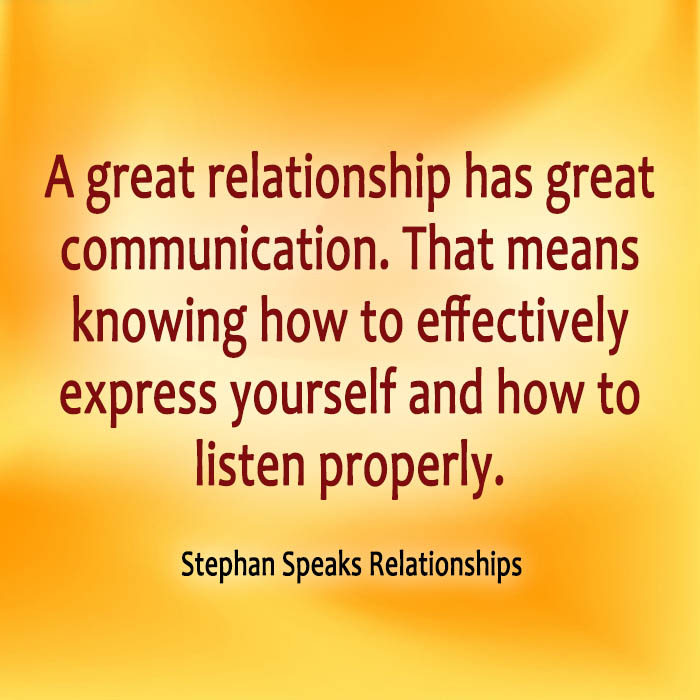Quotes About Communication And Relationships
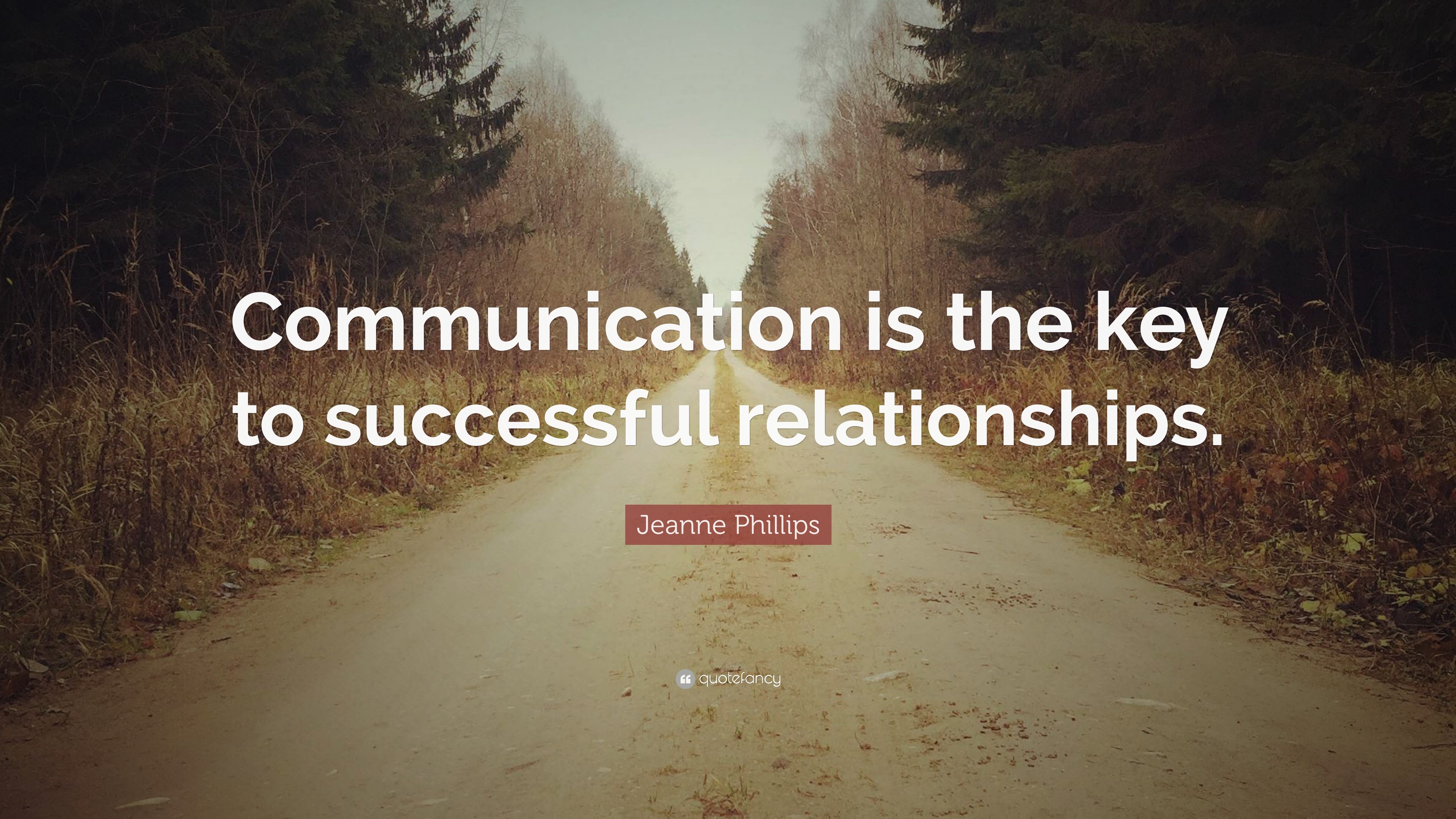
Imagine sitting by a crackling fireplace, mugs of steaming tea in hand, as the conversation flows effortlessly. Laughter dances in the air, punctuated by moments of quiet understanding. This idyllic scene highlights the very essence of thriving relationships - the power of open and honest communication.
At the heart of every strong relationship, whether romantic, familial, or professional, lies effective communication. It's the invisible thread that connects us, allowing us to navigate challenges, celebrate triumphs, and build lasting bonds. This article explores the profound impact of communication on relationships, drawing upon insightful quotes and expert perspectives to illuminate its importance.
The Foundation of Connection
Communication is more than just exchanging words; it's about understanding, empathy, and vulnerability. It's about actively listening to your partner, truly hearing their concerns, and responding with compassion.
As Brené Brown, a renowned researcher and author on vulnerability, connection, and shame, beautifully articulates: "Connection is why we're here; it is what gives purpose and meaning to our lives." And connection cannot exist without open and honest communication.
One of the most frequently cited quotes emphasizes that "The single biggest problem in communication is the illusion that it has taken place." This highlights the importance of ensuring the message sent is the message received.
Active Listening: The Key Ingredient
Active listening is a cornerstone of effective communication. It involves paying attention not only to the words being spoken but also to the non-verbal cues and the underlying emotions.
Stephen Covey, author of The 7 Habits of Highly Effective People, advises, "Seek first to understand, then to be understood." This principle encourages us to approach conversations with a genuine desire to comprehend the other person's perspective before attempting to share our own.
Practicing active listening can transform misunderstandings into opportunities for deeper connection. It creates a safe space where individuals feel heard, valued, and understood.
Navigating Conflict Constructively
Conflict is inevitable in any relationship. However, it's not the presence of conflict that determines the relationship's success, but rather how it's managed.
Instead of viewing conflict as a sign of failure, consider it an opportunity for growth. When approached with empathy and a willingness to compromise, disagreements can lead to a stronger, more resilient bond.
Dr. John Gottman, a leading relationship researcher, emphasizes the importance of gentle startup when initiating difficult conversations. He says that “How you start a conversation is how it’s going to end.”
"To say nothing, especially when speaking, is half a concealment." - Oscar Wilde
Wilde's quote reminds us that withholding our thoughts and feelings can be just as damaging as saying the wrong thing. Honesty, even when difficult, is crucial for building trust.
The Power of "I" Statements
Using "I" statements is a powerful technique for expressing your feelings and needs without blaming or accusing your partner. This approach fosters a more constructive dialogue and reduces defensiveness.
For example, instead of saying, "You always make me feel ignored," try saying, "I feel ignored when..." This shift in language allows you to express your emotions without triggering your partner's defenses.
Ultimately, effective communication in relationships is a skill that requires ongoing effort and commitment. It involves practicing active listening, expressing your feelings honestly, and navigating conflict constructively.
Building Bridges, Not Walls
In a world that sometimes feels increasingly disconnected, the ability to communicate effectively is more important than ever. It's the key to building bridges, fostering understanding, and creating meaningful connections with those around us.
Communication isn't just about what you say, but how you say it, and more importantly, how you listen. It is the cornerstone of love, respect, and a shared journey.
As we strive to improve our communication skills, let us remember that the goal is not to win arguments, but to strengthen relationships and build a more compassionate world, one conversation at a time.


